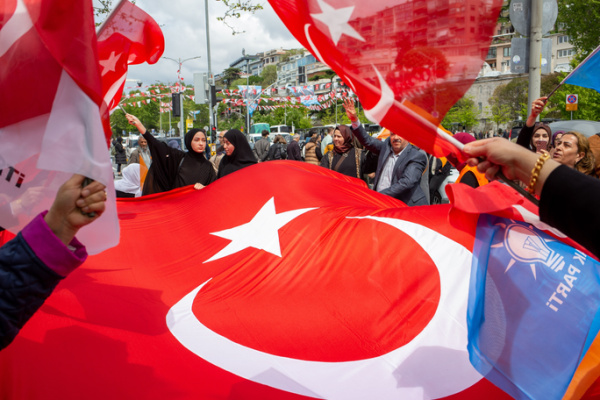The “Shadow” Foreign Minister Steps into the Light: Hakan Fidan Enters the Cabinet
By Reuben Silverman
June 14, 2023
During more than twelve years as director of the National Intelligence Organization (MİT), Hakan Fidan played a central role in expanding Turkey’s regional influence. From the Syrian Civil War to the government’s global crackdown on the Fethullah Gülen movement, he was involved in shaping and implementing major policies. His appointment as foreign minister on June 4, following President Recep Tayyip Erdoğan’s reelection, is meant to signal a return to more unified, consistent diplomacy following a decade of uncertainty. The appointment of Fidan may also be part of an effort to present a “moderate” image to international institutions and not least to the United States.

Is Turkey Becoming a Banana Republic?
By Svante E. Cornell
July 20, 2016
The failed military coup in Turkey provides a window into just how unstable and vulnerable Turkey has become. The coup is a unique but not isolated event, more than anything a symptom of the decay of Turkish state institutions under Erdogan. The sizable post-coup repression will make matters worse, in fact increasing rather than decreasing the risk of further violence, including a new coup. Turkey is now more a problem in its own right than an ally to help solve regional problems.
The Return of Hakan Fidan to MİT is the Sign of a Power Struggle
By M. K. Kaya (vol. 8, no. 5 of the Turkey Analyst)
The row over Hakan Fidan, Turkey’s reinstated intelligence chief, is suggestive of shifting power realities and rivalries within the AKP regime. Prime Minister Ahmet Davutoğlu suffered a serious setback when he was forced to let Hakan Fidan return to MIT. President Recep Tayyip Erdoğan needed not only to have his confidante back at the helm of the critically important MIT, but also to ensure that the circle around Davutoğlu did not succeed in its bid to become a power centre on its own right. Erdoğan correctly saw the emerging Davutoğlu-Fidan alliance as an alliance that had the potential to reconfigure the power status quo within the AKP.





